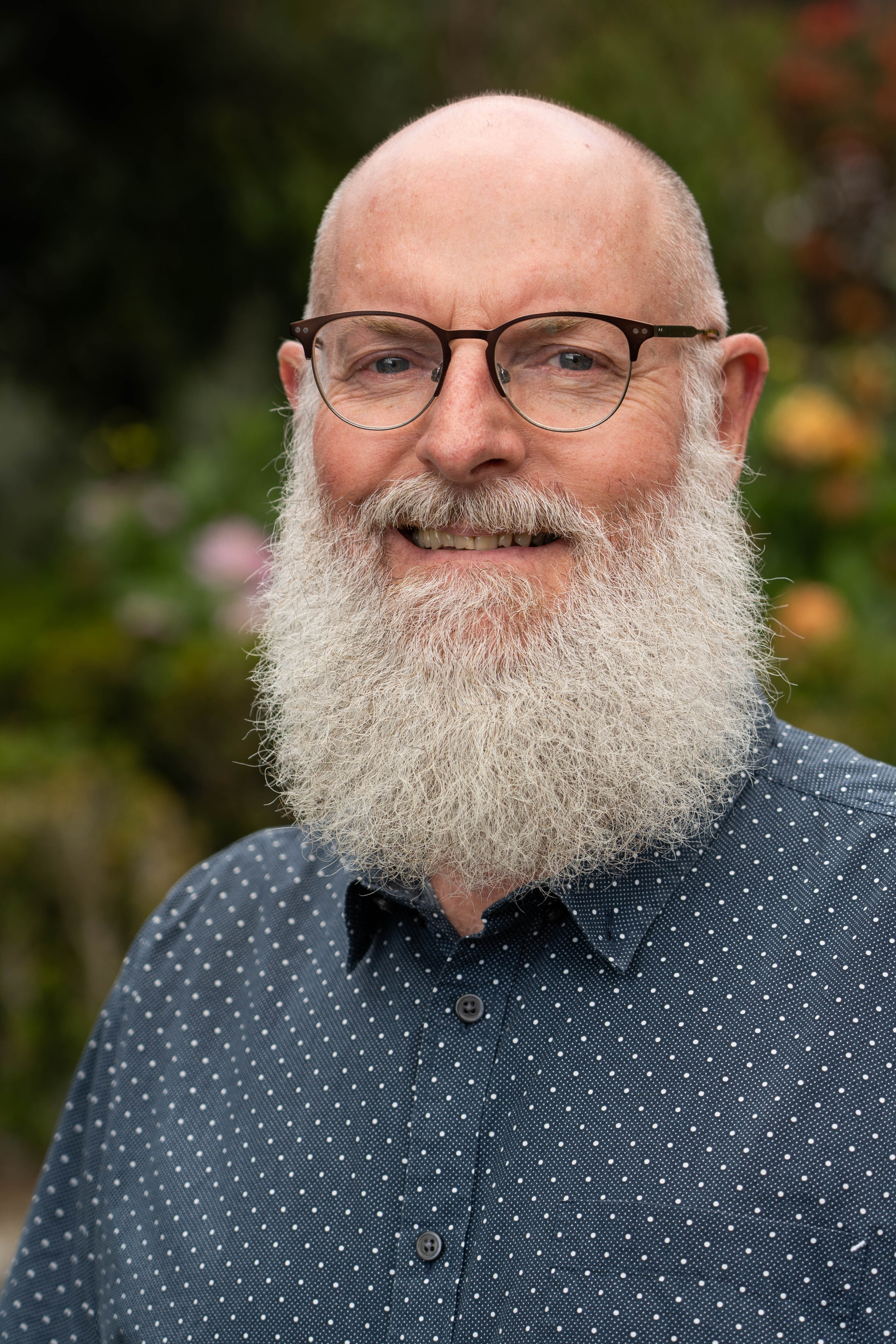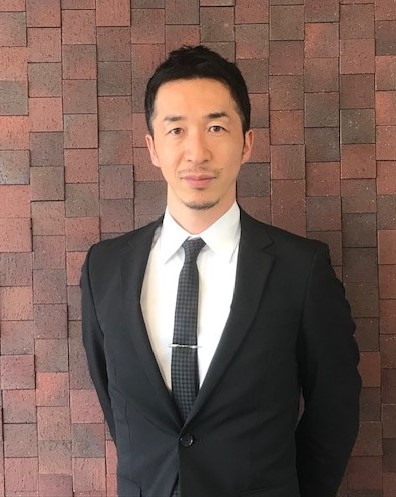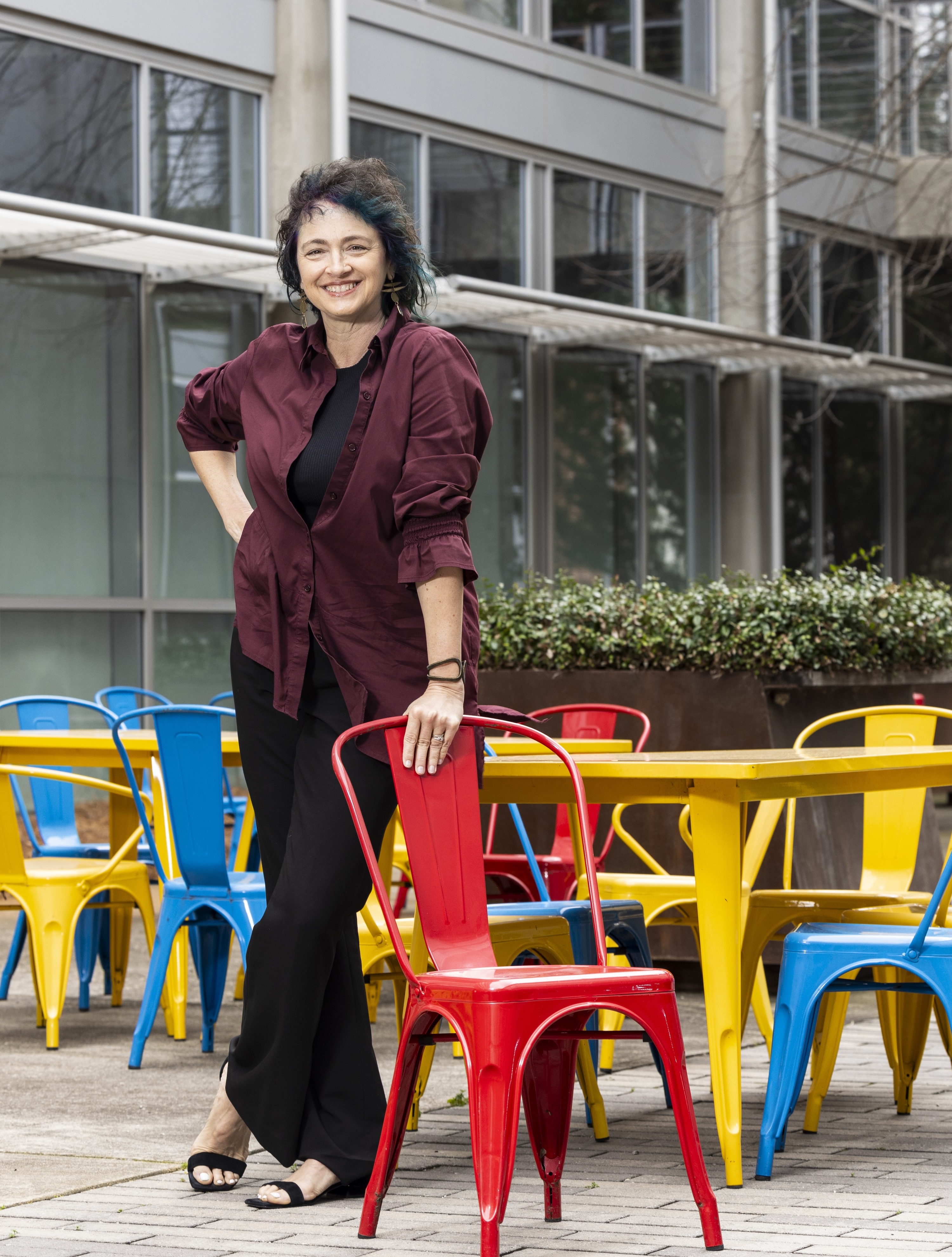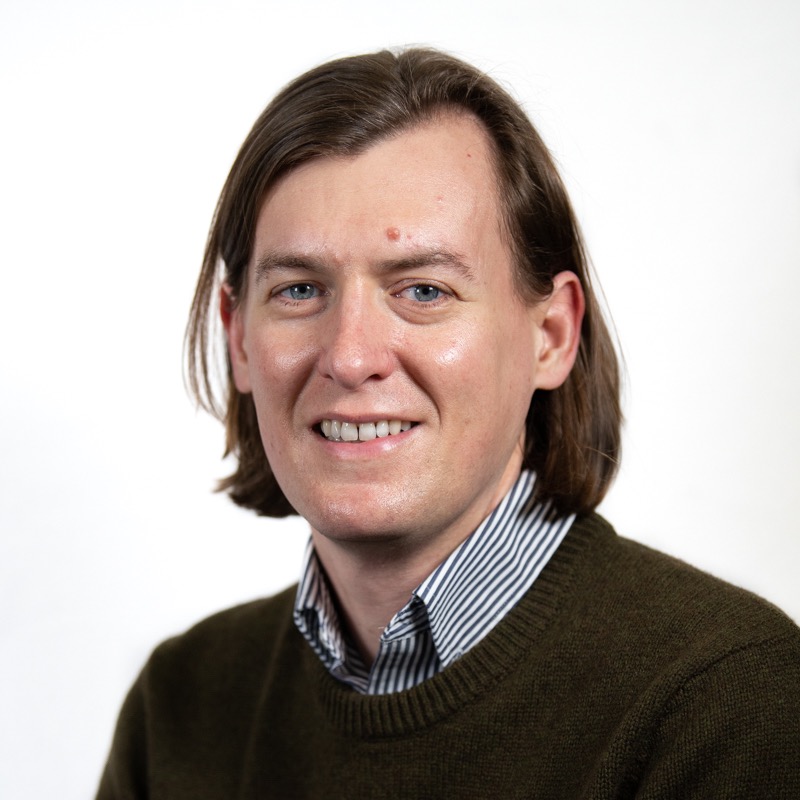Pre-Conference Workshops
AAAL 2025 is pleased to provide three pre-conference workshops.
They will be held at the University of Colorado, Denver on Friday, March 21st from 9:00 AM-4:00 PM MST
Narrative Inquiry in Applied Linguistics: Making meaning and being reflexive |
Creativity in applied linguistics: Drawing on the literary, visual, and performing arts in our research
Designing and Publishing High Quality Replication Studies in Applied Linguistics
Narrative Inquiry in Applied Linguistics: Making meaning and being reflexive |
Workshop Abstract
Narrative inquiry methodologies in applied linguistics have gained legitimacy and significant visibility in recent decades, particularly in areas such as language teaching and learning, teacher education, and identity (Barkhuizen, Benson & Chik, 2025; Hiratsuka, 2022). This workshop begins by providing a broad overview of narrative inquiry in applied linguistics, focusing particularly on the types of data collected and methods of analysis. Teacher-researchers, teacher educators, early career researchers in applied linguistics and also more experienced researchers wishing to learn about narrative approaches will gain an understanding of the rationale for using narrative methods in applied linguistics, their main goals, and their limitations. Central to this discussion will be the concept of ‘story’ – what stories are, how they can be used for research purposes, and how sharing stories has implications for researcher reflexivity, including emotional and relational reflexivity.
Participants will be introduced to a variety of methods for narrative data collection and analysis, including thematic analysis, the analysis of narrative frames, multimodal and digital narrative analysis, short story analysis, and writing as analysis. Participants will have the opportunity to gain hands-on experience using them with authentic data provided in the workshop. They are also invited to bring their own narrative data to share and to collaboratively analyze (details to be provided closer to the workshop). Participants will work in small groups and present the outcome of their work to other participants and the presenters, who will provide constructive feedback throughout the workshop. The workshop will conclude with a discussion on the reporting of narrative findings, such as their representation and format, including in dissertations, and theses.
Workshop Presenter

Gary Barkhuizen is professor of applied linguistics at the University of Auckland, New Zealand. His teaching and research interests are in the areas of language teacher education, teacher and learner identity, study abroad, and narrative inquiry, and these are reflected in his many publications, conference presentations, and books, which include Narrative Research in Applied Linguistics (2013) (Cambridge), Reflections on Language Teacher Identity Research (2017) (Routledge), Qualitative Research Topics in Language Teacher Education (2019) (Routledge), Language Teacher Educator Identity (2012) (Cambridge), and Narrative Inquiry in Language Teaching and Learning Research (2nd Edn) (2025) (Routledge). In 2017 he won the TESOL International Association’s award for Distinguished Research.

Takaaki Hiratsuka is professor of applied linguistics at Ryukoku University, Japan. His teaching and research interests lie in the areas of teacher education, teacher research, and qualitative research methods (in particular, narrative inquiry). His recent book publications include Narrative inquiry into Language Teacher Identity: ALTs in the JET Program (2022) (Routledge), Team Teachers in Japan: Beliefs, Identities, and Emotions (2023) (Routledge), and Native-Speakerism and Trans-Speakerism: Entering a New Era (2024) (Cambridge).
Creativity in applied linguistics: Drawing on the literary, visual, and performing arts in our research
|
|||||

 MELISA CAHNMANN-TAYLOR, Meigs Professor of Language and Literacy Education at the University of Georgia, is the co-author of The Creative Ethnographer's Notebook (2024), the poetry book, Imperfect Tense (2016) and five other books on the arts of language and education: Enlivening Instruction with Drama and Improv (2021), Teachers Act Up: Creating Multicultural Community Through Theatre (2010) & Arts-Based Research in Education, first and second editions (2008; 2018; third edition, In Press). Recipient of six NEA Big Read Grants, a 2023 NEA Distinguished Fellowship, Hambidge Residency Award, and the Beckman award for Professors Who Inspire, she's served for over ten years as poetry editor and ethnographic poetry judge for Anthropology & Humanism. Awarded a 2013-2014 Fulbright for nine-month study of adult Spanish language acquisition in Oaxaca Mexico, she was appointed in 2020 as Fulbright Scholar Ambassador. Her poems, translations, and essays have appeared in the Bitter Southerner, Georgia Review, Lilith, American Poetry Review, Poet Lore, Barrow Street, Mom Egg, Plume, Tupelo, Rattle, Hawaii Pacific Review and elsewhere. She and Kuo Zhang are the exclusive translators for the Labour Poet Laureate of China, Nianxi Chen.
MELISA CAHNMANN-TAYLOR, Meigs Professor of Language and Literacy Education at the University of Georgia, is the co-author of The Creative Ethnographer's Notebook (2024), the poetry book, Imperfect Tense (2016) and five other books on the arts of language and education: Enlivening Instruction with Drama and Improv (2021), Teachers Act Up: Creating Multicultural Community Through Theatre (2010) & Arts-Based Research in Education, first and second editions (2008; 2018; third edition, In Press). Recipient of six NEA Big Read Grants, a 2023 NEA Distinguished Fellowship, Hambidge Residency Award, and the Beckman award for Professors Who Inspire, she's served for over ten years as poetry editor and ethnographic poetry judge for Anthropology & Humanism. Awarded a 2013-2014 Fulbright for nine-month study of adult Spanish language acquisition in Oaxaca Mexico, she was appointed in 2020 as Fulbright Scholar Ambassador. Her poems, translations, and essays have appeared in the Bitter Southerner, Georgia Review, Lilith, American Poetry Review, Poet Lore, Barrow Street, Mom Egg, Plume, Tupelo, Rattle, Hawaii Pacific Review and elsewhere. She and Kuo Zhang are the exclusive translators for the Labour Poet Laureate of China, Nianxi Chen.